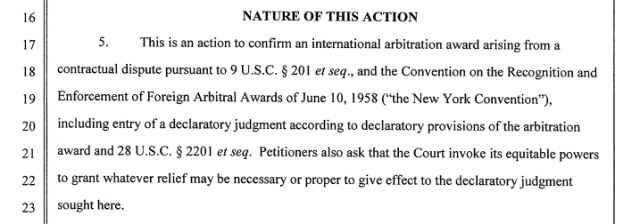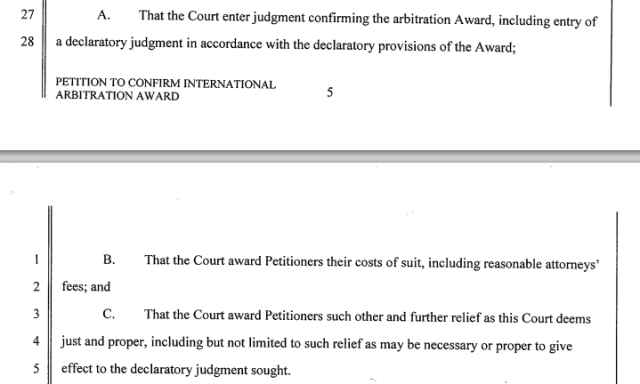More bad news for RIM — which commanded only a 4.3 percent share of the global smartphone market in Q3, according to IDC — Nokia has won a tribunal ruling against the BlackBerry-maker regarding its WLAN-related patents. The ruling means RIM will have to pay royalties for handsets now considered to be in breach of a prior licensing agreement between the two.
According to Nokia, the dispute focuses on a cross-license agreement the pair struck for standards-essential cellular patents back in 2003, and amended in 2008. Last year RIM sought arbitration — arguing that the license “extended beyond cellular essentials”. But the tribunal used to arbitrate has now ruled against it, finding the BlackBerry-maker is in breach of contract and not entitled to manufacture or sell WLAN products without first agreeing royalties with Nokia.
To enforce the tribunal’s ruling, Nokia said it has now filed actions in the US, UK and Canada – “with the aim of ending RIM’s breach of contract”. Update: Computerworld is reporting that Nokia is seeking a sales ban on BlackBerrys in the U.S. until a patent royalty agreement can be reached. We’ve asked Nokia to confirm this and will update this story with any response. Computerworld says it has seen a court filing in which Nokia asks a California court to enforce the arbitration award — and cites the 1958 New York Convention governing international arbitration, pointing out that the U.S. is a signatory, along with Canada, Finland and Sweden.
Reuters quotes IDC analyst Francisco Jeronimo commenting on the tribunal’s ruling: “This could have a significant financial impact, as all BlackBerry devices support WLAN, although the volumes are currently very low in these countries.”
RIM declined to comment on the ruling. Update: RIM has now provided the following statement: “Research In Motion has worked hard to develop its leading-edge BlackBerry technology and has built an industry-leading intellectual property portfolio of its own. RIM will respond to Nokia’s petitions in due course.”
At the time of the 2008 licensing agreement, Nokia described its patent portfolio as “one of the strongest and broadest” in the wireless industry — noting that it included some 300 GSM, 370 WCDMA and 170 CDMA2000 declared essential patent families.
According to Reuters, Nokia earns annual revenues of about €500 million ($646 million) from patent royalties.
Update: A Nokia representative has sent a public (redacted) copy of Nokia’s filing with the Northern District of California court — which includes the following summary of the nature of the action
Nokia’s filing petitions the court to grant the following —


